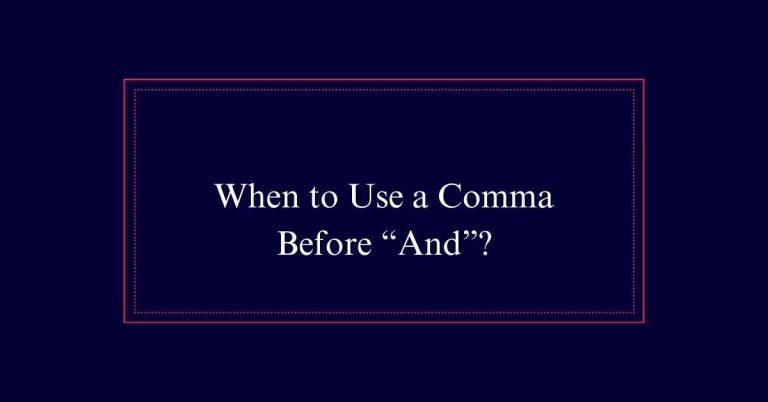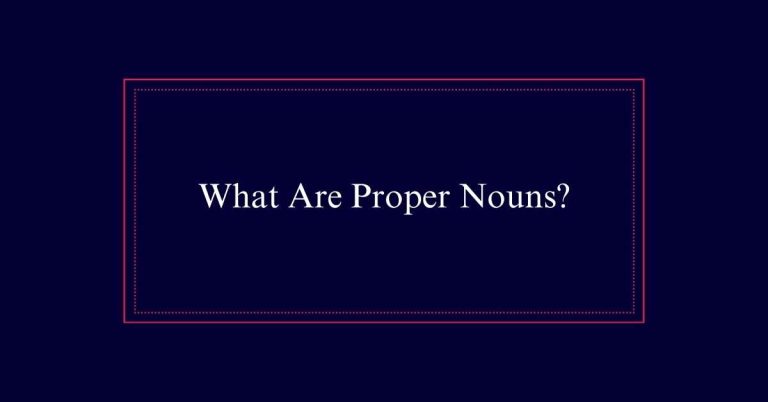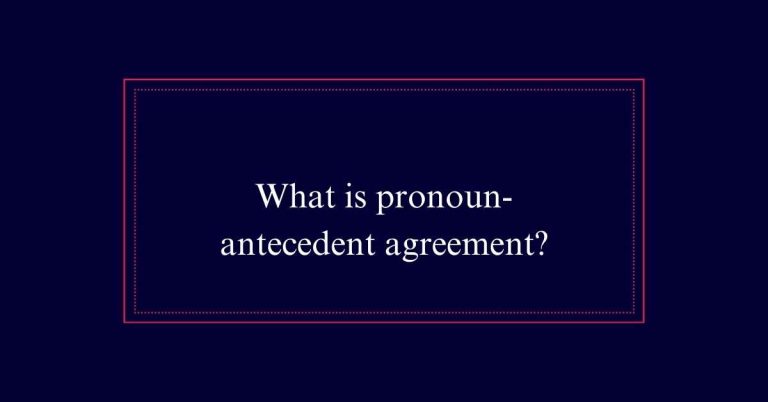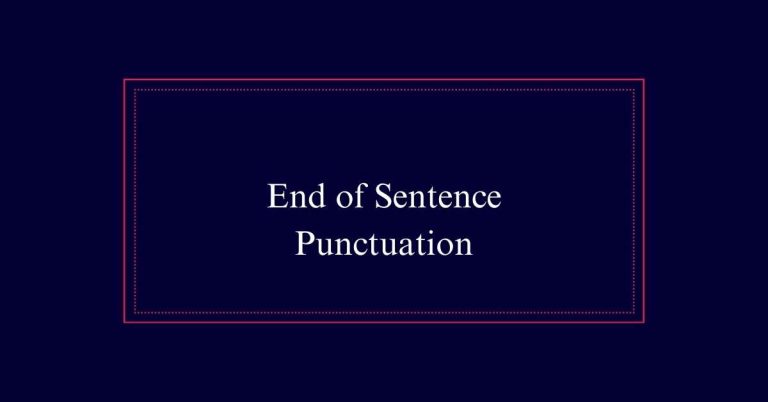What Part of Speech Is the Word “The”?
The word ‘the’ is an essential article in English grammar. It specifies a known noun, identifying specific people, places, or things. This means it provides clarity and precision, helping to prevent ambiguity. ‘The’ works with both singular and plural nouns, enhancing coherence in sentences. As a determiner, ‘the’ plays a vital role in ensuring clear and effective communication.
Understanding Definite Articles
Definite articles, such as ‘the,’ specify a particular noun that is known to the reader or listener. They identify specific people, places, or things. For example, ‘the dog’ refers to a specific dog already mentioned or known.
Unlike indefinite articles like ‘a’ or ‘an,’ which refer to any member of a group, ‘the’ singles out a particular noun. It is used with both singular and plural nouns, as in ‘the book’ or ‘the books.’
Additionally, definite articles help clarify meaning, ensuring the reader or listener understands exactly which noun is being discussed. Mastering the use of ‘the’ is essential for clear and precise communication in English.
Role of ‘The’ in English
The word ‘the’ plays a crucial role in English by providing specificity and clarity to nouns. It acts as a definite article, pointing to particular entities that both the speaker and listener recognize.
For example, in the sentence ‘The dog barked,’ ‘the’ specifies a particular dog known to both parties. This usage helps to avoid ambiguity and guarantees precise communication.
Additionally, ‘the’ can function in other grammatical roles, such as an adverb in phrases like ‘the more, the merrier.’ Understanding the various roles of ‘the’ enhances both written and spoken English, making sentences more coherent and meaningful.
Consequently, mastering its use is essential for effective language skills.
‘The’ as a Determiner
Often serving as a determiner, the word ‘the’ specifies particular nouns, ensuring clear and precise communication. As a definite article, ‘the’ identifies specific individuals, places, or objects known to both the speaker and listener.
For instance, in the phrase ‘the book on the table,’ ‘the’ points to a particular book already mentioned or easily identifiable. This small yet powerful word can be used with both singular and plural nouns.
Specificity With ‘The’
Employing ‘the’ guarantees that the listener or reader comprehends precisely which noun is being referred to in a conversation or text. This specificity is important in distinguishing one particular entity from a general group. For example, saying ‘the cat’ rather than ‘a cat’ directs attention to a specific cat known to both the speaker and the listener.
| General | Specific |
|---|---|
| A book | The book |
| A car | The car |
| A house | The house |
‘The’ can be used with singular or plural nouns, providing clarity and preventing ambiguity. It ensures that the reader or listener understands the exact object or person being discussed. This definite article plays a significant role in effective communication by making language clear and specific.
Examples of ‘The’ in Use
Understanding how ‘the’ functions in sentences can greatly enhance clarity and precision in communication.
For example, in the sentence ‘The peregrine falcon is the fastest animal,’ ‘the’ specifies a particular species known to the reader.
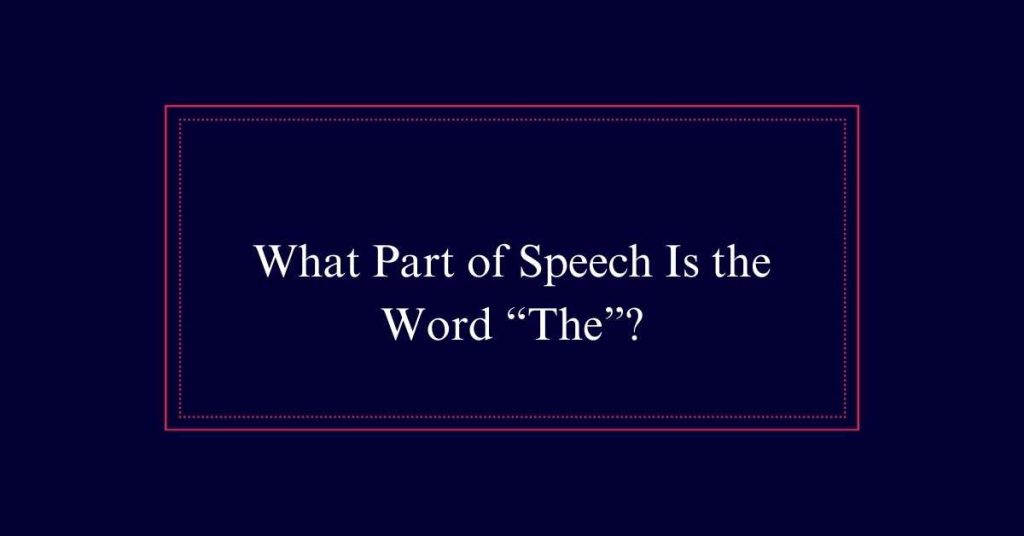
Another instance is ‘That’s the spirit!’ where ‘the’ emphasizes a specific attitude or behavior.
In ‘He’s the dog of my dreams,’ ‘the’ identifies a unique dog.
Similarly, ‘The hotter the better’ uses ‘the’ to compare conditions, emphasizing the importance of temperature.
These examples show how ‘the’ acts as a definite article to indicate specificity or as a tool for comparison.
‘The’ as an Adverb
‘The’ can also function as an adverb to emphasize or compare actions and conditions. This usage of ‘the’ often appears in phrases that convey a sense of degree or extent. It is instrumental in creating adverbial phrases that highlight comparisons or the intensity of an action.
For example, consider the phrase ‘the more, the merrier.’ Here, ‘the’ functions as an adverb to stress the relationship between quantity and enjoyment. Other instances include:
- ‘The sooner, the better.’
- ‘The harder you work, the more you achieve.’
- ‘The less said, the better.’
In these cases, ‘the’ helps modify the subsequent adjectives or verbs, making the comparison or emphasis clear and effective.
Comparison and Emphasis
In many comparative phrases, ‘the’ serves to highlight the relationship between two variables. This usage is common in expressions like “the more, the merrier” or “the sooner, the better.” Here, ‘the’ emphasizes the direct correlation between the variables.
| Phrase | Meaning |
|---|---|
| The more, the merrier | More people increase enjoyment |
| The sooner, the better | Earlier is preferable |
| The harder you work, the more you earn | Effort correlates with reward |
In these examples, ‘the’ functions to draw attention to the comparative nature of the statement. This creates a clearer, more impactful expression. Understanding this usage enhances our ability to communicate more effectively, particularly in contexts requiring emphasis or comparison.
Adverbial Phrases With ‘The’
Adverbial phrases featuring ‘the’ often emphasize relationships between actions or conditions. These phrases help create comparisons and highlight the extent of actions. Common adverbial phrases include constructions like ‘the more, the merrier’ or ‘the bigger, the better.’ They serve to show how one action or condition impacts another.
- Comparative emphasis: ‘The sooner, the better’ highlights urgency.
- Conditional relationships: ‘The harder you work, the more you achieve’ shows effort’s impact on success.
- Extent of actions: ‘The longer it takes, the worse it gets’ indicates a deteriorating situation over time.
Practical Sentence Applications
Understanding how to apply ‘the’ in practical sentences can enhance clarity and precision in communication. ‘The’ is used to specify known entities, making sentences clear.
For example, ‘The cat on the roof is mine’ clearly identifies a specific cat. In plural contexts, ‘the’ also works effectively: ‘The students in the library are studying.’ This distinguishes a specific group.
Additionally, ‘the’ can function as an adverb in phrases like ‘the more, the merrier,’ emphasizing quantity or degree. Correct use of ‘the’ in these various contexts guarantees accurate expression.
Enhancing Language Clarity
To enhance language clarity, using ‘the’ correctly is essential for specifying known entities. Proper usage of ‘the’ helps make sure that the reader or listener understands exactly what is being referred to. This can prevent confusion and make communication more effective.
Definite Reference: Use ‘the’ to refer to specific items already mentioned or known.
Singular and Plural Nouns: ‘The’ can be used with both singular and plural nouns, making it versatile.
Contextual Understanding: Correct use of ‘the’ helps set the context and makes sentences clearer.
Frequently Asked Questions
Can ‘The’ Be Used in Informal Speech?
Yes, ‘the’ can be used in informal speech. It acts as a definite article or adverb, adding clarity and specificity. Its use enhances communication, making it versatile in both formal and informal contexts.
Is ‘The’ Ever Used in Poetry?
Yes, ‘the’ is commonly used in poetry. Poets use it to specify particular nouns, create rhythm, and enhance emphasis. Its role as a definite article helps in providing clarity and focus within poetic lines.
Can ‘The’ Appear in Legal or Scientific Documents?
Yes, ‘the’ frequently appears in legal and scientific documents. It functions as a definite article to specify particular entities, ensuring clarity and precision in references to laws, regulations, scientific phenomena, and research findings.



